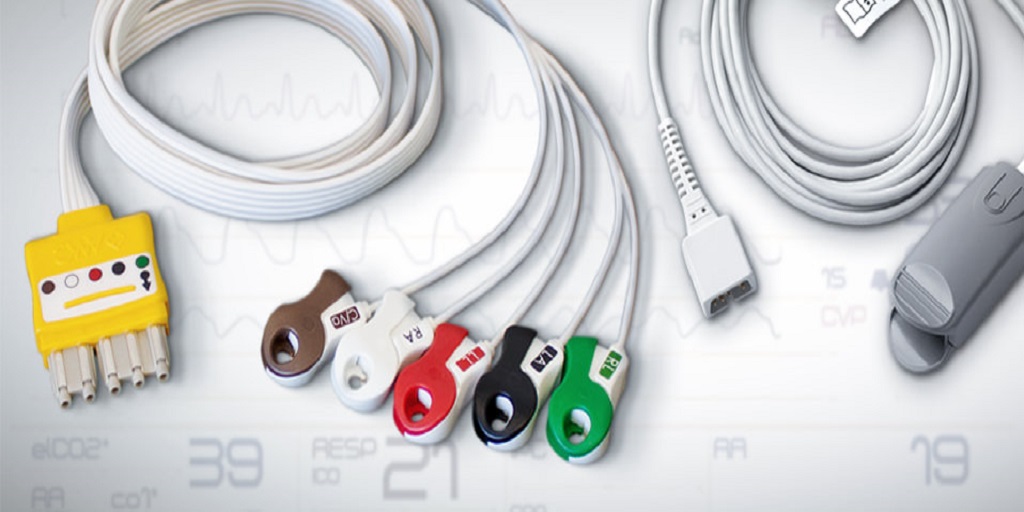Benefits of Reusable ECG Leadwires in Standardizing One Type of ECG Leadwire for Hospital Use

As the world of medical technology continues to evolve, it is important to keep up with the latest trends and products available. One of the most important pieces of medical equipment for cardiologists is the ECG leadwire, which is used to connect the ECG machine to the patient. There are two common types of leadwires on the market today: reusable and disposable.
Reusable ECG Leadwires vs. Disposable ECG Leadwires
Reusable ECG leadwires are typically made from stainless steel or nickel-plated brass and are designed to be used multiple times. These types of leadwires are often more expensive than disposable leadwires but can be used for a longer period of time, which can help reduce costs for a medical facility or clinic when handled with care.
On the other hand, disposable ECG leadwires are designed to be used once and then discarded. Disposable leadwires are often preferred in busy medical facilities and clinics, as they can be quickly and easily replaced after each patient. This helps to reduce the risk of cross-contamination as well as reduce resources (time and human) required to disinfect and reuse the lead.
Standardizing One Type of ECG Leadwire for Hospital Use
When it comes to patient care and safety, hospitals need to be as efficient and organized as possible. It is critical to ensure that the right procedures are followed and that the right equipment is used. One of the most important pieces of equipment used in hospitals is the ECG leadwires. These leadwires are used to measure the electrical activity of the heart and provide vital information to healthcare professionals.
When connecting the lead wires to the ECG monitor, there can be some confusion if different connectors are used. Thankfully, there is a company that offers solutions to standardize those connections independent of the ECG monitor brand (because ECG monitor brands can vary among hospital services and even within a hospital system, and given that a brand can update their equipment and switch the type of input connections from one generation to the next).
Reusable ECG leadwires are designed to be used over and over again, meaning they must be able to withstand the wear and tear of multiple uses. LifeSync, a leading provider of ECG leadwires, has taken great care in ensuring its products are as durable as possible. Their leadwires are made from high-quality materials that are tested for durability and longevity.
ECG leadwires are used to connect patient monitors to electrodes and are essential for monitoring patients’ heart activity. Currently, each hospital system uses different types of leadwires, which can lead to confusion and inefficiencies when trying to transfer medical records from one hospital system to another.
LifeSync, a medical equipment manufacturer, is leading the charge to standardize ECG leadwires. The company is advocating for one type of leadwire to be used in all hospital systems, allowing for a more unified approach to monitoring patient heart activity. The standardized leadwire would be compatible with all brands of patient monitors, enabling effective monitoring and eliminating confusion in the hospital system.
Best Place to Buy Reusable ECG Leadwires Online
As medical professionals, we are constantly looking for ways to streamline processes and ensure the highest quality of care for our patients. One way to do this is by using standardized equipment, especially when it comes to ECG leadwires. Having a single-type ECG leadwire for all applications can reduce confusion and increase accuracy.
Fortunately, there is an easy way to ensure you have the best reusable ECG leadwires on hand. The answer is LifeSync.
LifeSync is a leading provider of medical equipment and supplies, and they specialize in providing the highest quality ECG leadwires on the market. Lifesync provides a variety of reusable ECG leadwires, including 3-lead and 5-lead electrodes.